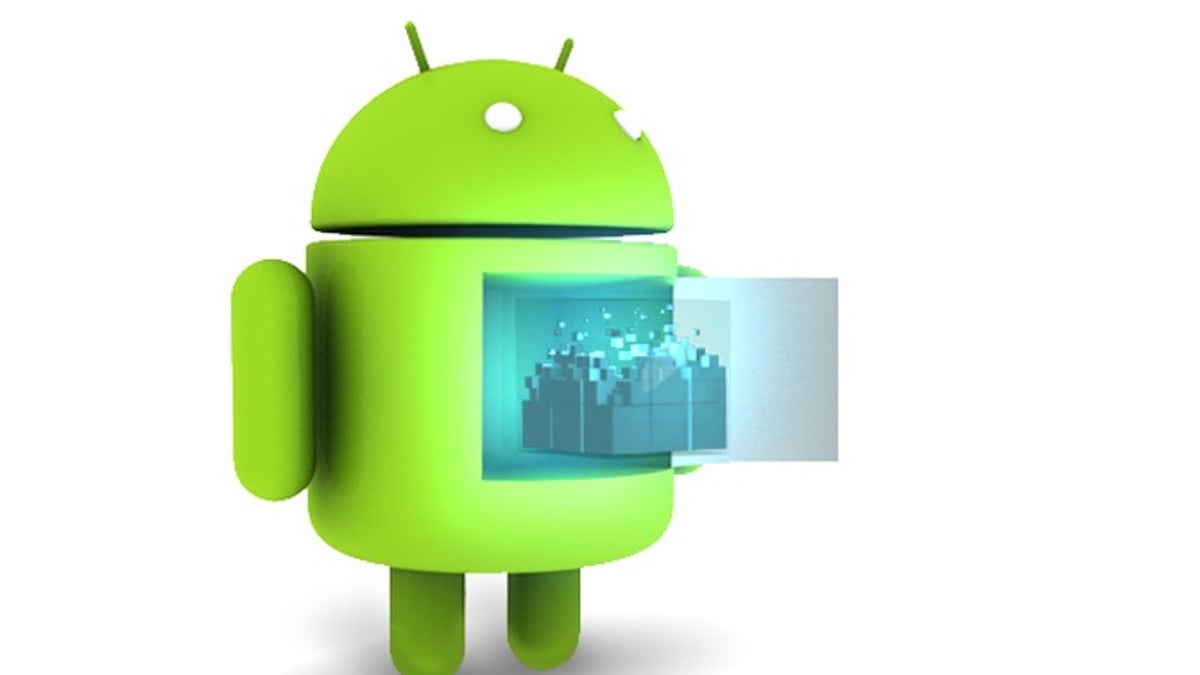
Despite having just a single CPU core, Intel's single-core, x86-based "Medfield" Atom Z2460 processor -- the company's first foray into the competitive world of tablets and smartphones -- and its hyper-threading technology has held its own in benchmark tests pitting it against competitors' dual-core chips. How? Intel thinks it has the answer: the company says that Android simply doesn't handle dual-core processors efficiently.
"The way it's implemented right now, Android does not make as effective use of multiple cores as it could, and I think - frankly - some of this work could be done by the vendors who create the SoCs, but they just haven't bothered to do it," Mike Bell, the GM of Intel's Mobile and Communications Group, told The Inquirer.
Intel's testing places a lot of the blame at the feet the Android operating system's thread scheduler. Bell says that while multiple cores work well in unfettered systems, Android's scheduler is designed around the thermal and energy restrictions imposed by the tablet and smartphone form factors, and if the operating system is performing a task, it often pauses other tasks going on in the background -- basically nullifying the handiness of a second CPU core.
In fact, Bell claims that Intel's testing showed that some dual-core processors actually run slower than single-core alternatives because of poor thread scheduling and power compromises. "We ran our own numbers and [in] some of the use cases we've seen, having a second core is actually a detriment, because of the way some of the people have not implemented their thread scheduling," Bell says.
The first commercially available smartphones powered by Intel's Medfield Atom processor, the Lava XOLO 900 and the Lenovo K800, recently launched in India and China, respectively. There's no word on U.S. availability. Bell didn't say when a multicore Medfield processor will hit the streets, either, though going on what he said about thread handling, it may be a while yet.








































